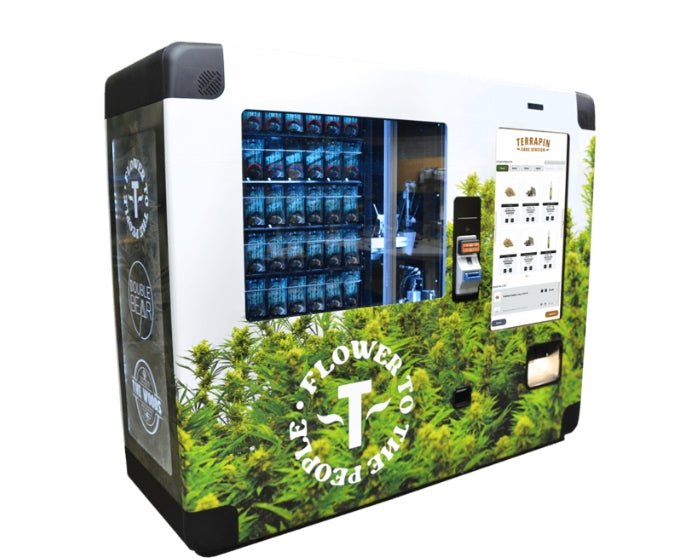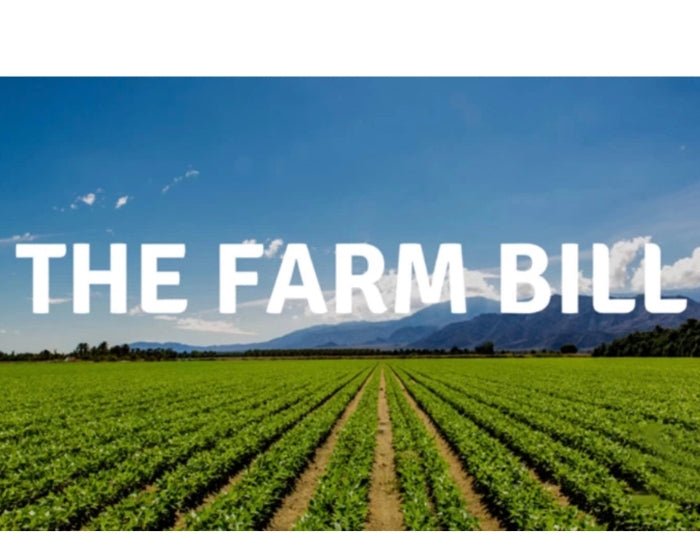As more and more states establish legal medicinal and recreational marijuana programs, the issue of social equity in the sector persists.

As we come together to celebrate Black History Month and all of the transcendent and transformative accomplishments in African American communities across the country, one area of economic, societal and cultural significance that still lags woefully behind in the progress of black history is the cannabis industry.
For decades, marijuana prohibition disproportionately punished and incarcerated individuals of African descent, bringing instability and suffering to a population already brutalized by the legacy of slavery, Jim Crow, segregation and deep-seated institutional racism in America. As a result, progressive-minded cannabis reform advocates have insisted that social equity be integral to any legalization initiatives concerning medicinal or recreational marijuana.
However, in the decade since Colorado and Washington became the first states to legalize adult-use marijuana, the push for social and racial equality in the young industry still leaves much to be desired. According to the MCBA National Cannabis Equity Report, while cannabis is legal for medicinal or recreational purposes in 37 states, only 15 (13 in adult-use states and 2 in medical-only states) have some social equity infrastructure in place.
Despite the disappointing statistics, remarkable success stories exist in those states that have implemented aggressive social equity programs. Moreover, the recipients of those program benefits are equally committed to helping other black-owned cannabis brands succeed in the increasingly saturated and competitive marketplace.
As first reported by mjbizdaily, recreational marijuana dispensary owners from Los Angeles to Boston are beginning to flourish in their respective communities, and they are doing it by bringing fellow African American entrepreneurs with them on their journey. Whitney Beatty is co-owner of the apothecary-styled marijuana store Josephine and Billie’s in South Los Angeles.
Beatty is a social equity licensee. Part of her business model and philosophy includes providing a platform for black-owned cannabis brands in her store that pays homage to jazz legends Josephine Baker and Billie Holiday and the reefer-friendly, speakeasy “tea pads” of their day. Brands like Mary of L.A., Oakland Abstracts and Black Star Farms of New York are on prominent display in her dispensary.
Additionally, Beatty prides herself in providing affordable, high-quality products for her price-conscious black customers, who have been mainly ignored and woefully underserved by the marijuana industry and retailers in the past.
“We put a prioritization on carrying Black, brown, women-led and LGBTQ-led brands. With my equity license, I can be in (the) game for these other brands that are having a really difficult time going on the shelves,” Beatty explains.
"We put a prioritization on carrying Black, brown, women-led and LGBTQ-led brands. With my equity license, I can be in (the) game for these other brands that are having a really difficult time going on the shelves."
- Whitney Beatty, Co-owner of Josephine and Billie’s
Like Beatty, Nike John, owner of The Heritage Club in Boston and the first Black woman to own a cannabis shop in the city, shares that same commitment to celebrating mission-driven and diversity-owned brands. Since her grand opening this past September in Boston’s historic Charlestown waterfront neighborhood, John’s shelves have featured Black-owned brands, including Jam Master Jays and Black Bhudda Cannabis.
“I want it to be one of the first things they see when they come in. I think knowing a little bit more helps people who don’t realize why this legalization is so important to Black and Brown communities. I want to empower other people whom are Black (and) looking to get into this space. Giving platforms to the people who need to tell their stories is super powerful,” said John.
"I want it to be one of the first things they see when they come in. I think knowing a little bit more helps people who don’t realize why this legalization is so important to Black and Brown communities. I want to empower other people whom are Black (and) looking to get into this space. Giving platforms to the people who need to tell their stories is super powerful."
- Nike John, Owner of The Heritage Club
However, the beautifully written stories by pioneers like Beatty and John are far too few for industry advocates who worry that large corporate interests are now devouring the once fiercely independent cannabis industry. With legalization efforts in states like Florida and Arkansas being funded primarily by massive marijuana companies, social equity programs are becoming less of a priority for politicians. Likewise, those steering the ship seem to place profits and market share ahead of diversity and minority-based initiatives.
Critics point to a few critical failures of government policies designed to promote social equity ownership. They contend that many recipients need more access to capital via low-interest loans and grants, technical and legal support, or expert assistance in navigating a market with high startup costs and widely varying regulations and laws in almost all jurisdictions.
One of the hallmarks of American business is the small business owner working to build a legacy for their family, community and themselves. The cannabis industry is the perfect model for taking something once a source of pain, loss and shame and transforming it into a commercial shrine dedicated to economic, social and cultural healing.
However, sometimes the story should be less about the bottom line and more about the individual souls saved through rehabilitation and redemption. These decimated yet determined communities deserve more.








































